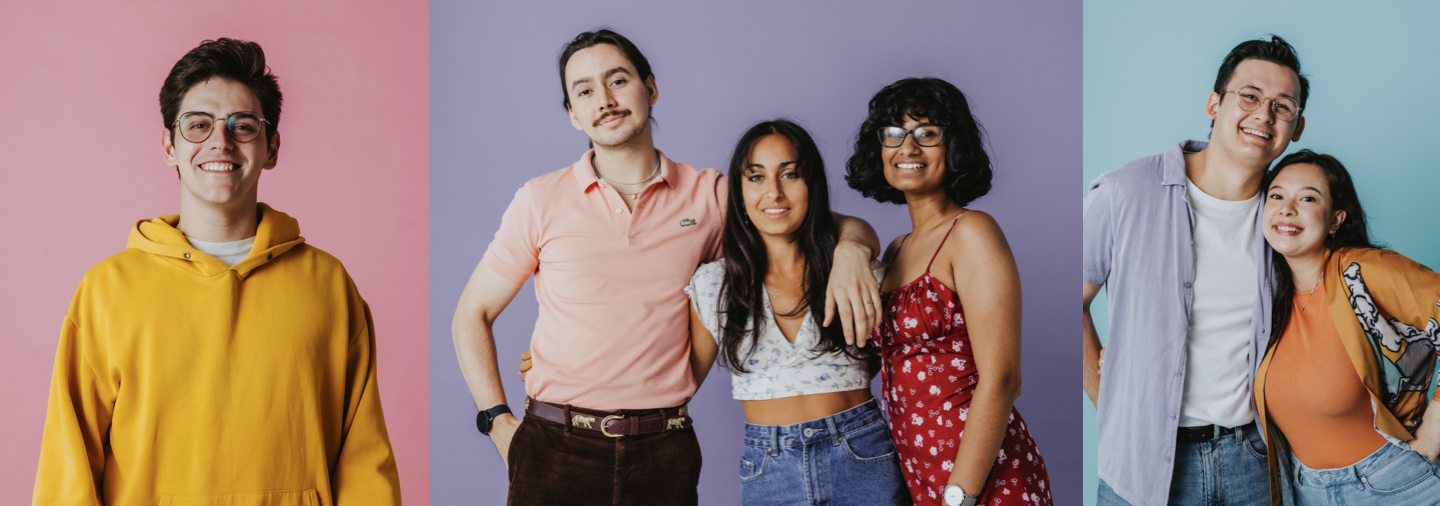

Anxiety, is the most commonly referenced mental health issue on the platform (28% of stories).
Depression was the second highest referenced mental health issue (17% of stories).
Other experiences not listed include, but are not limited to, alcohol & drugs, bullying, PTSD, sexuality, self harm, trauma, schizophrenia, ADHD, autism.
Note: The Australian Institute of Health and Welfare Data identifies Anxiety as the most common mental health concern in Australia followed by Depression
The most common contributor was “Fear” - this manifested itself predominantly through relationships rather than fear of the mental health challenge itself. In particular fear of change and uncertainty, fear of the unknown and fear of judgement and discrimination.
Fear will always be present around mental health challenges and accessing support. Investment in mitigation strategies and up-skilling communities to connect and communicate earlier will reduce the impact on young people.
The majority of top contributors towards recovery were informal support services, with Psychologists and GP’s the only formal supports listed at Taking Action & Talking was the most commonly referenced contributor to recovery with 42% of stories mentioning it.
Out of the top 10 contributing factors 73% were for informal support services (talking with friends, acceptance of self, connection with family etc) and only 27% referenced professional support services (Psychologists, GP’s / Doctors and Getting Help) 3 and 9 respectively.
In March 2021, we officially launched the OurHerd research partnership with the Young and Resilient Research Centre at Western SydneyUniversity (WSU), with The Honourable David Coleman (Assistant Minister to the Prime Minister for Mental Health and Suicide Prevention).
The purpose of the study conducted with Western Sydney University’s Young and Resilient Research Centre was to understand how young people are using the OurHerd app, our new digital storytelling platform to navigate their way through tough times and to use these insights to inform future developments of the app.The project evaluated the potential of the OurHerd platform to support youth mental health and wellbeing.

Anxiety, is the most commonly referenced mental health issue on the platform (28% of stories).
Depression was the second highest referenced mental health issue (17% of stories).
Other experiences not listed include, but are not limited to, alcohol & drugs, bullying, PTSD, sexuality, self harm, trauma, schizophrenia, ADHD, autism.
Note: The Australian Institute of Health and Welfare Data identifies Anxiety as the most common mental health concern in Australia followed by Depression
The most common contributor was “Fear” - this manifested itself predominantly through relationships rather than fear of the mental health challenge itself. In particular fear of change and uncertainty, fear of the unknown and fear of judgement and discrimination.
Fear will always be present around mental health challenges and accessing support. Investment in mitigation strategies and up-skilling communities to connect and communicate earlier will reduce the impact on young people.
The majority of top contributors towards recovery were informal support services, with Psychologists and GP’s the only formal supports listed at Taking Action & Talking was the most commonly referenced contributor to recovery with 42% of stories mentioning it.
Out of the top 10 contributing factors 73% were for informal support services (talking with friends, acceptance of self, connection with family etc) and only 27% referenced professional support services (Psychologists, GP’s / Doctors and Getting Help) 3 and 9 respectively.
In March 2021, we officially launched the OurHerd research partnership with the Young and Resilient Research Centre at Western SydneyUniversity (WSU), with The Honourable David Coleman (Assistant Minister to the Prime Minister for Mental Health and Suicide Prevention).
The purpose of the study conducted with Western Sydney University’s Young and Resilient Research Centre was to understand how young people are using the OurHerd app, our new digital storytelling platform to navigate their way through tough times and to use these insights to inform future developments of the app.The project evaluated the potential of the OurHerd platform to support youth mental health and wellbeing.



Federal Minister for Mental Health and Suicide Prevention

Federal Education Minister

